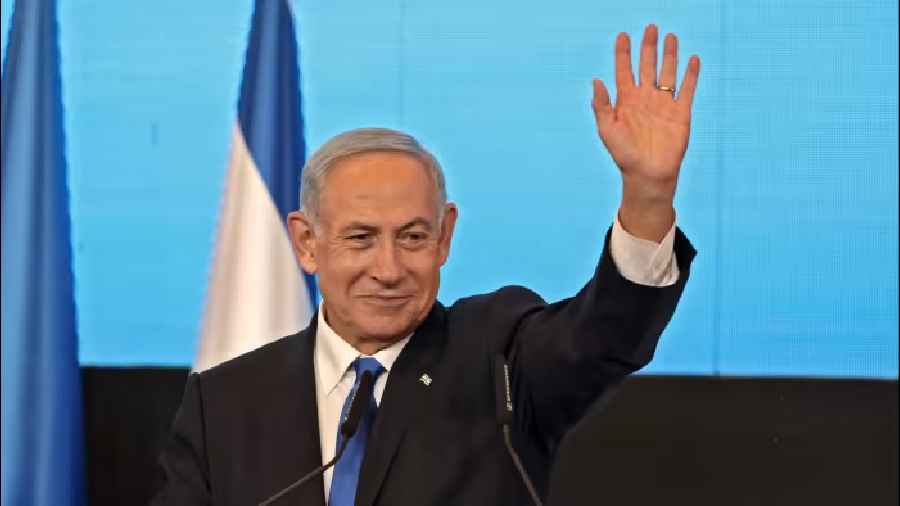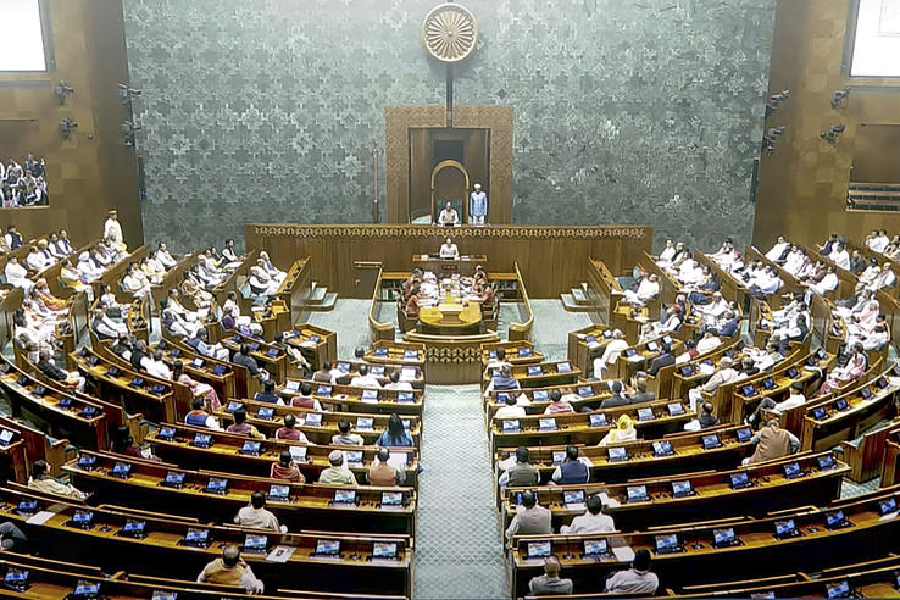A plan by Prime Minister Benjamin Netanyahu to severely curtail the powers of Israel’s Supreme Court has prompted weeks of demonstrations, rattled the country’s technology sector and raised fears of political violence. Now, protests are emerging even within the nation’s military. Hundreds of soldiers in the military reserves either have signed letters expressing a reluctance to participate in non-essential duty or have already pulled out of training missions, officials said. The affected units include the 8,200 division that deals with signal and cyberintelligence and whose graduates have helped drive the country’s tech industry, as well as elite combat units.
The military leadership fears that growing anger within the ranks over the government’s plans will affect the operational readiness of Israel’s armed forces, according to senior military officials. It is most concerned about unrest within the air force, with reserve duty pilots increasingly upset over the government plans, the officials said. They also fear that they may be asked to engage in illegal operations, and that restraints on Israel’s judiciary may strengthen foreign calls to prosecute them in the International Criminal Court, the officials said. Reserve duty pilots often lead Israel’s regular airstrikes on Syria and the Gaza Strip, and would be involved in any major Israeli attack on nuclear facilities in Iran.
The unrest within the military is the latest flare-up of opposition to the government’s plans to overhaul the judiciary after protests brought hundreds of thousands of Israelis to the streets of cities like Tel Aviv. Prominent American Jews have also criticized the plans, and on Sunday, Michael Bloomberg, the former New York mayor, wrote in a New York Times guest essay that Netanyahu was “courting disaster”. But for many Israelis, anger within the military is perhaps the most worrying and significant reaction to the plans, which would increase government control over how judges are chosen, limit the Supreme Court’s ability to strike down new legislation and make it easier for Parliament to overrule the court.
Nearly 50 squadron leaders representing hundreds of reserve pilots met on Friday with the head of the Israeli air force to express their misgivings about the government’s judicial overhaul efforts, according to five Israeli military officials who either attended the meeting or were briefed on it and who insisted on anonymity because they were not authorized to speak publicly.
The pilot corps is overwhelmingly staffed by reservists who usually report for duty three or four times a month. Thirty-seven pilots from a key F-15 fighter jet squadron later wrote to the air force chief to say they would pull out of training for part of this week, while stressing that they remained available for combat missions, according to three officials briefed on the letter.
Many Israelis believe the government’s plan to overhaul the judiciary will undermine the country’s democracy. That view is shared by many military officers, a number of whom have participated in regular protests, even as an analysis of polling data from November’s general election suggested that the governing coalition also received strong support from rank-and-file soldiers.
To the government’s supporters, the judicial changes itis pushing through parliament are an essential means of giving a majority of elected lawmakers primacy over un-elected judges. But to critics, the overhaul would remove one of the few checks on government overreach, in a country lacking a formal Constitution, threatening Israel’s minority rights.
New York Times News Service











